Imagine you’re on a road trip across Texas, traveling from the urban sprawl of Houston to the scenic Hill Country, and night approaches. You’re tired, and your safest option is to pull over and sleep in your car. But is it legal? And is it safe? These are real, pressing questions for travelers, commuters, and even some Texans facing housing challenges. This guide breaks down the law and practice of sleeping in your car in Texas—whether it’s in major cities like Dallas, Austin, Houston, or rural stretches along the highways.
Understanding Texas Law on Car Sleeping
While Texas is known for its size and independent spirit, the state does not have a single, unifying law that applies to sleeping in your car everywhere. Instead, laws and enforcement vary widely between cities, counties, and even parking lots.
Texas does not explicitly prohibit sleeping in your car on a statewide basis. There’s no Texas statute that directly criminalizes dozing off in your parked vehicle. But that’s only the starting point—where and how you park becomes critical.
Local Ordinances: The Real Gatekeepers
Texas hands significant autonomy to cities and counties to regulate parking, property use, and vagrancy. This means the legality of car sleeping often depends on precise location—even down to the side of the street or parking lot you choose.
Dallas
In Dallas, sleeping in a car in a public place is illegal. City Code Section 31-13 specifically makes it an offense to sleep or doze in a street, alley, park, or other public place, which includes inside vehicles. Officers in Dallas are known to enforce these ordinances, especially in city-owned lots and on streets marked for public parking. This means if you’re in downtown Dallas, Lower Greenville, or even a park’s lot, you risk a fine or being asked to leave.
If, however, you have explicit permission to be on private property—say a friend’s driveway or a business parking lot with approval—Dallas ordinances do not apply in the same way. The key is written or spoken consent.
Houston
Houston takes a slightly different approach. The city doesn’t outright ban car sleeping, but zoning rules and local ordinances make it difficult in certain areas, particularly in residential neighborhoods known for strict homeowner associations. Downtown Houston routinely issues over 3,500 parking violations per year, while residential neighborhoods see around 1,200 annually, and commercial zones report close to 2,000. These numbers reflect a vigilant approach to overnight parking and a low tolerance for loitering or unauthorized vehicle stays.
Houston’s code for recreational vehicles is clearer: sleeping in an RV, camper, or trailer is only permitted in licensed RV parks or manufactured home parks. For regular vehicles, the gray area usually revolves around private property and business lots. Many 24-hour gyms, truck stops, and some big-box retailers such as Walmart may allow overnight parking, but always request permission first.
San Antonio
San Antonio does not permit sleeping in vehicles in public areas, and reports indicate that law enforcement will often ask you to move along if caught sleeping in your car. Apartment complexes and some neighborhoods employ private security or tow companies to enforce parking and discourage overnight stays. For those traveling through San Antonio, this means rest stops outside city limits or designated campgrounds are far safer choices.
Fort Worth
Fort Worth’s ordinances are slightly less explicit than Dallas’s but rely on general anti-camping and loitering rules. “Unauthorized camping”—including living or sleeping in a vehicle—is illegal on private property without the owner’s consent. Although Fort Worth’s code does not spell out a full ban on car sleeping in all public places, police often cite state anti-camping laws or enforce local loitering bans to move car campers along.
Austin
In Austin, a mix of state and local rules come into play. The city has a history of fluctuating ordinances regarding car sleeping and encampments. After a 2021 statewide “anti-camping” statute, enforcement was ramped up against people using vehicles as makeshift homes—especially in public areas under bridges or alongside highways. Downtown Austin and park areas are monitored closely, and overnight street parking is frequently patrolled.
State Laws: The Foundation and Its Exceptions
Texas has a notable state law: the “anti-camping” statute that applies within city limits across the state. This law, Texas Penal Code §48.05, makes it a misdemeanor to use a public space as a place of temporary residence, including sleeping in your car with bedding or obvious signs of habitation. The intent, however, is to target extended stays and homeless encampments. One night of rest is unlikely to be prosecuted in most jurisdictions, but prolonged use of a car as a primary residence on public property could be.
Highway rest stops are a welcome exception. State rules allow travelers to park and rest for up to 24 hours. For cross-country truckers and families facing long distances, Texas’s rest areas are a lifesaver. Just remember, camping or setting up living quarters outside your car is prohibited, and law enforcement routinely checks for misuse.
Where You Can Safely Sleep in Your Car in Texas
Given the patchwork of city and state rules, knowing safe and legal parking options is crucial.
-
Rest Areas: Texas has over 80 rest stops statewide, most allowing vehicles to stay for up to 24 hours.
-
Truck Stops: Designed for overnight stays, these locations generally welcome car sleepers along with commercial drivers.
-
Major Retailers: Many Walmart stores, especially in smaller cities and rural areas, permit overnight parking, though always confirm with a store manager first. Other large retailers sometimes offer similar leniency.
-
24-Hour Gyms: National chains like 24 Hour Fitness, Planet Fitness, or Anytime Fitness occasionally allow overnight parking for members. Ask the manager and be discreet.
-
Campgrounds and RV Parks: For a modest fee, Texas state parks, county campgrounds, and RV parks offer bathrooms, security, and peace of mind.
-
Public Lands: Some national forests and public lands in Texas allow vehicle camping, but there are restrictions and advance permits may be needed.
Sleeping in private driveways or lots is legal only with clear permission—written or verbal—from the owner.
Places Where You Should Not Sleep in Your Car
Avoid parking and sleeping in the following locations due to strict enforcement or safety concerns:
-
Downtown cores of cities such as Dallas, Houston, Austin, and San Antonio
-
Residential neighborhoods, unless you have permission
-
Beaches without the required camping permits
-
School zones and adjacent lots
-
City parks and recreational areas after hours
-
Hospital or university parking garages (unless you are a patient or student and have permitted access)
The Risks of Overnight Car Sleeping
Even with legal risks in mind, safety and comfort must always be a concern.
Safety Statistics
Driving drowsy is a leading cause of accidents on Texas highways. According to the National Highway Traffic Safety Administration, more than 72,000 crashes and at least 800 deaths nationally every year are attributed to driver fatigue. In Texas alone, several hundred collision fatalities annually are linked to drowsy driving. Authorities often prefer exhausted drivers pull over and rest than become a hazard on the road.
Potential Legal Consequences
Sleeping in the wrong place can result in:
-
Fines ranging from $50 to $500, depending on the city
-
Citation for trespassing or public camping
-
Vehicle being towed
-
A police “welfare check” that may include vehicle searches if there is suspicion of illegal activity
Personal Safety
Texas’s climate brings extremes—sweltering heat in summer, unexpected cold spells in winter, and the possibility of severe storms. Never sleep with the engine running or windows fully closed; carbon monoxide risk or overheating can be fatal. Choose well-lit, secure spots, and keep valuables out of sight.
Tips for Safe and Legal Car Sleeping in Texas
-
Check Local Laws: Research city ordinances for each destination. Many city websites have parking codes online, and police non-emergency numbers can provide guidance.
-
Ask for Permission: Whether at a business, RV park, or private lot, always get permission to avoid trespassing charges.
-
Prioritize Safety: Park in areas with security cameras, good lighting, and populated surroundings. Lock your doors and keep emergency supplies within reach.
-
Avoid Alcohol: Do not attempt to sleep off alcohol in your car. Being intoxicated in the driver’s seat—engine on or off—can result in a DWI charge.
-
Use Discretion: Install window shades, keep a low profile, and avoid drawing attention. Don’t set up camping gear or leave items outside your vehicle.
-
Backup Plan: Always have a secondary location in mind in case you’re asked to leave.
-
Prepare for Weather: Pack blankets, a portable fan or heater, battery charger, water, and snacks. Monitor weather alerts during severe storm or heatwaves.
Emerging Trends and the Rise of “Van Life”
Texas has become a hub for the “van life” movement—individuals and families who modify vans or SUVs for long-term travel or even permanent residence. Two years ago, Texas reportedly ranked as the nation’s top state for van dwellers thanks to its vast road system, relatively tolerant rest area rules, and abundance of RV parks.
However, the popularity of urban van life brought about tighter enforcement in cities. Austin, Dallas, and Houston have all seen pushes to update ordinances around vehicle dwelling, often in response to complaints about public camping, safety, and property values.
Real Experiences from Texas Cities
Dallas: Urban Enforcement
Travelers recount being woken by police in Dallas’s Deep Ellum or Uptown after just a few hours of sleep in a parked car. Officers typically issue warnings or citations quickly, and, in some cases, tow vehicles of repeat violators.
Houston: Gray Areas
Houston’s sprawling layout means some areas—especially large commercial lots and outskirts—remain friendly to discreet overnight sleepers. But within the inner loop or in gentrified neighborhoods, enforcement can be strict, and cars are sometimes towed or booted if left overnight.
Austin: Social Shifts
Austin’s progressive image once included a fairly relaxed attitude toward car sleeping. But recent years brought calls for stricter rules, especially near downtown and popular event spaces. Numerous car dwellers now rely on out-of-town rest stops, travel centers, or organized campgrounds.
San Antonio: No-Nonsense Enforcement
Reports from travelers in San Antonio emphasize the city’s swift response to car sleeping on public land. Security patrols watch many parking lots, and unauthorized vehicles often receive tickets or are towed. Travelers praise campgrounds and truck stops outside city limits as the best option.
Table: Parking Violations and City Approaches
| City | Public Car Sleeping Permitted? | Typical Annual Parking Violations | Strictness of Enforcement | Safe Alternatives |
|---|---|---|---|---|
| Dallas | No, strictly enforced | 4,000+ | Very High | Private parking with permission |
| Houston | Gray area, case-by-case | 3,500 in downtown | High | Truck stops, some gyms |
| San Antonio | Not permitted | 2,200+ | High | Campgrounds, highway stops |
| Fort Worth | Discouraged, enforced | 1,800+ | High | Private property |
| Austin | Restricted, especially central | 3,000+ | High | State parks, campgrounds |
Conclusion
Sleeping in your car in Texas is not outright illegal at the state level, but your experience will be shaped more by local ordinance than by state law. Cities like Dallas and San Antonio have clear bans, with active enforcement in public places. Houston and Austin present complex, gray-area enforcement but still require careful navigation of local codes.
Ultimately, your safest course is always to prioritize designated rest stops, business lots with permission, and campgrounds. Stay informed, polite, discreet, and, above all, safe—whether you’re a weary traveler or someone facing more serious shelter challenges.

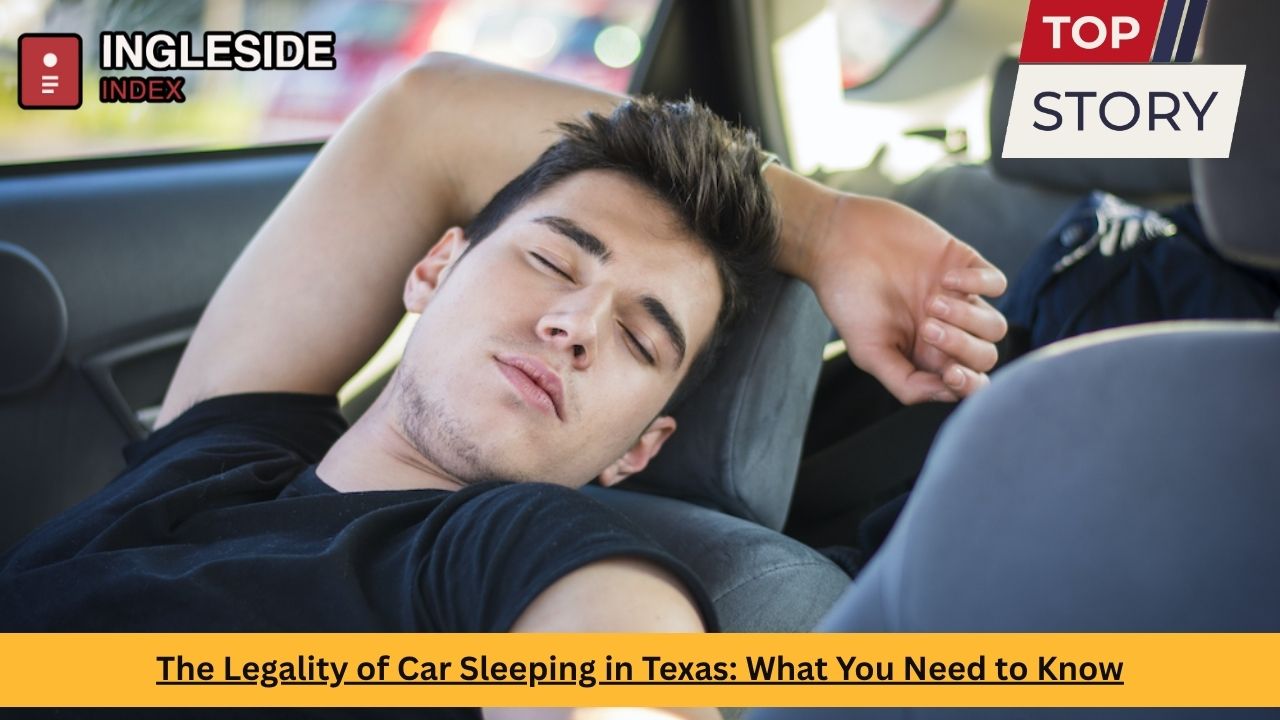


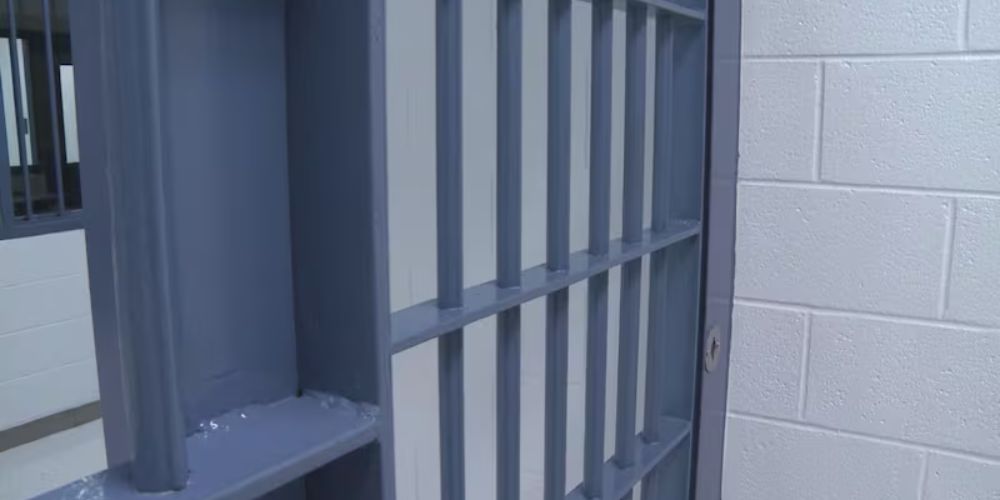
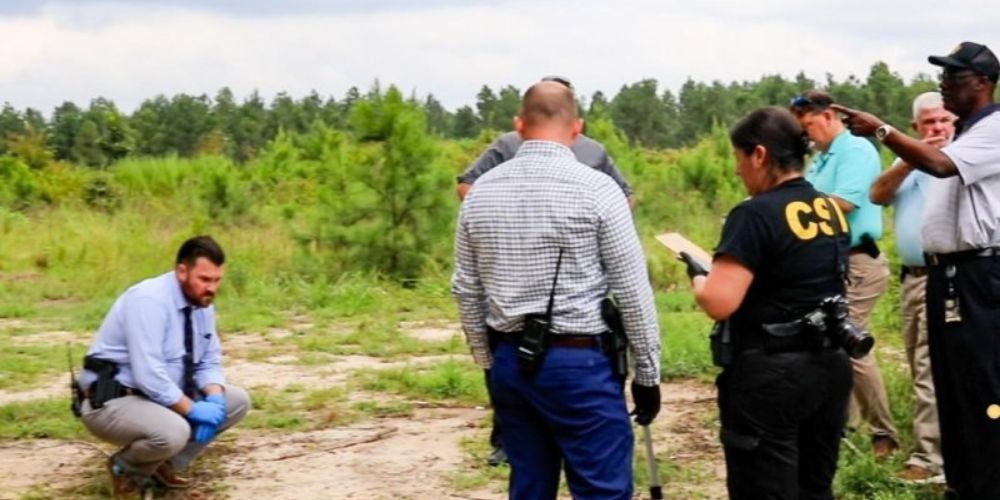
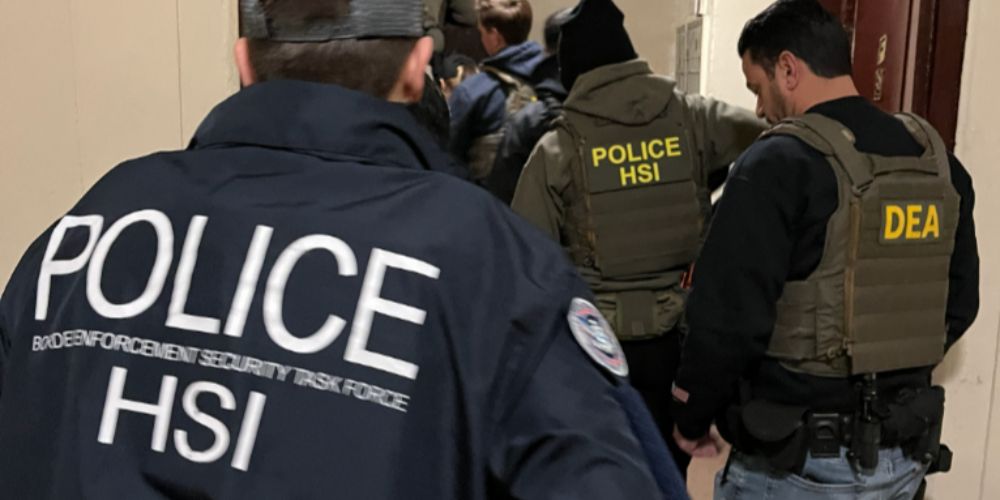
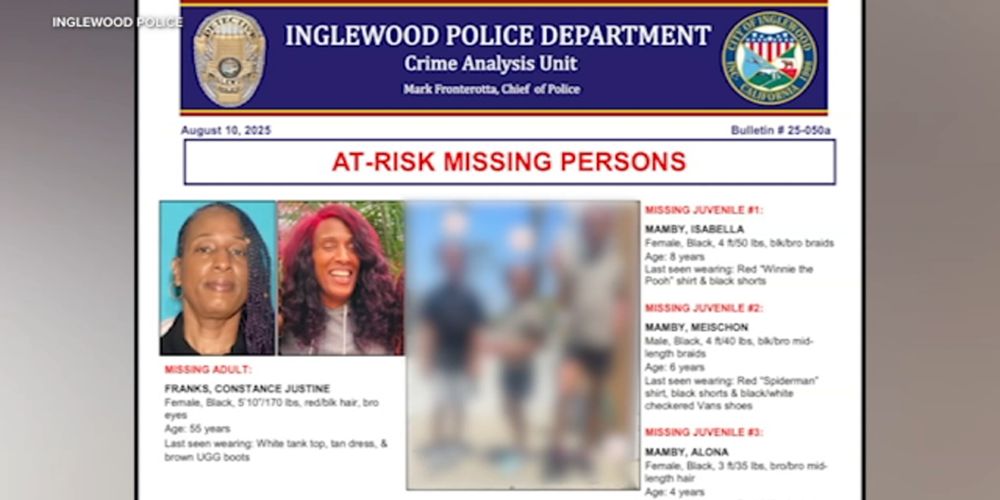



Leave a Comment